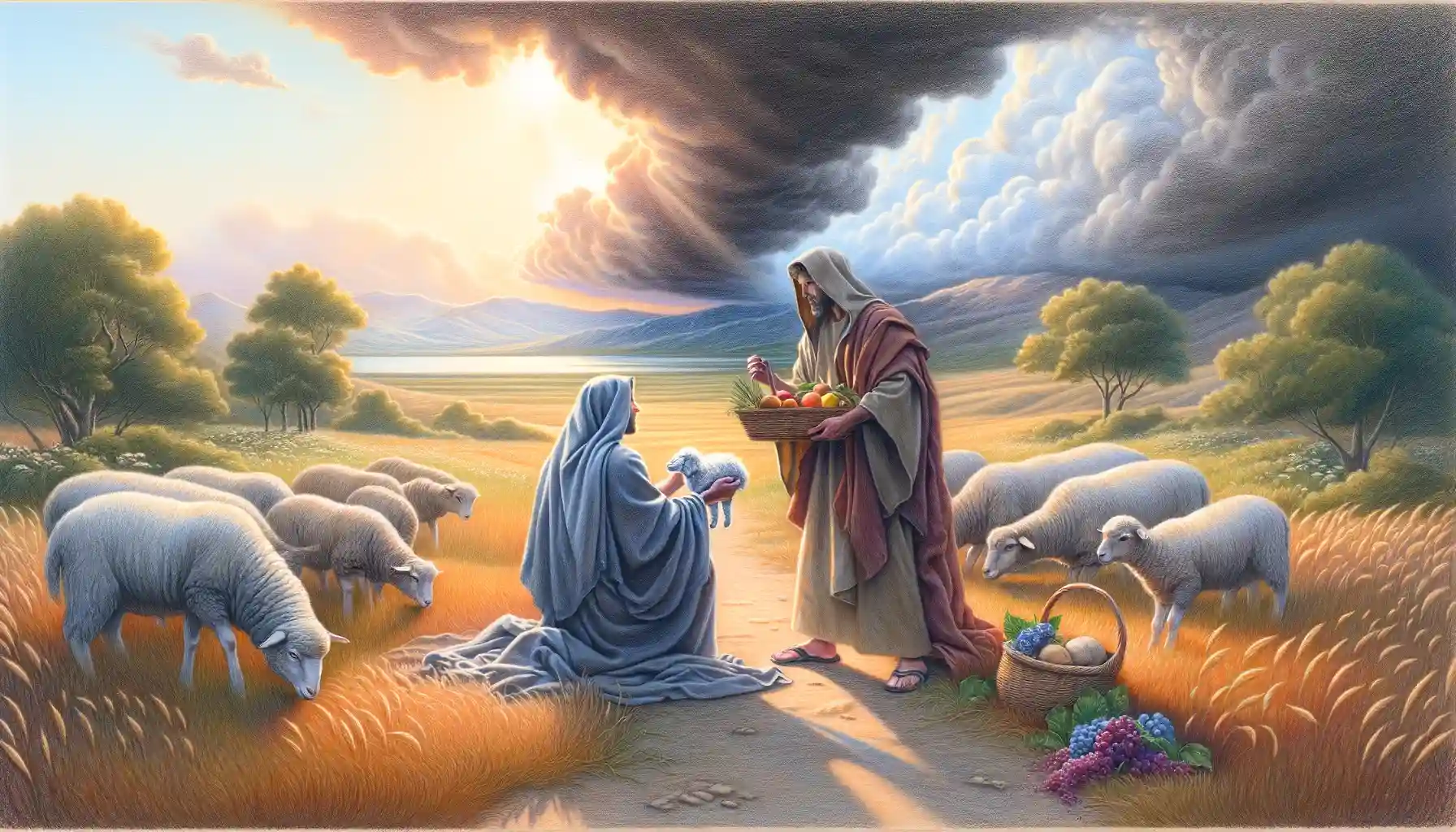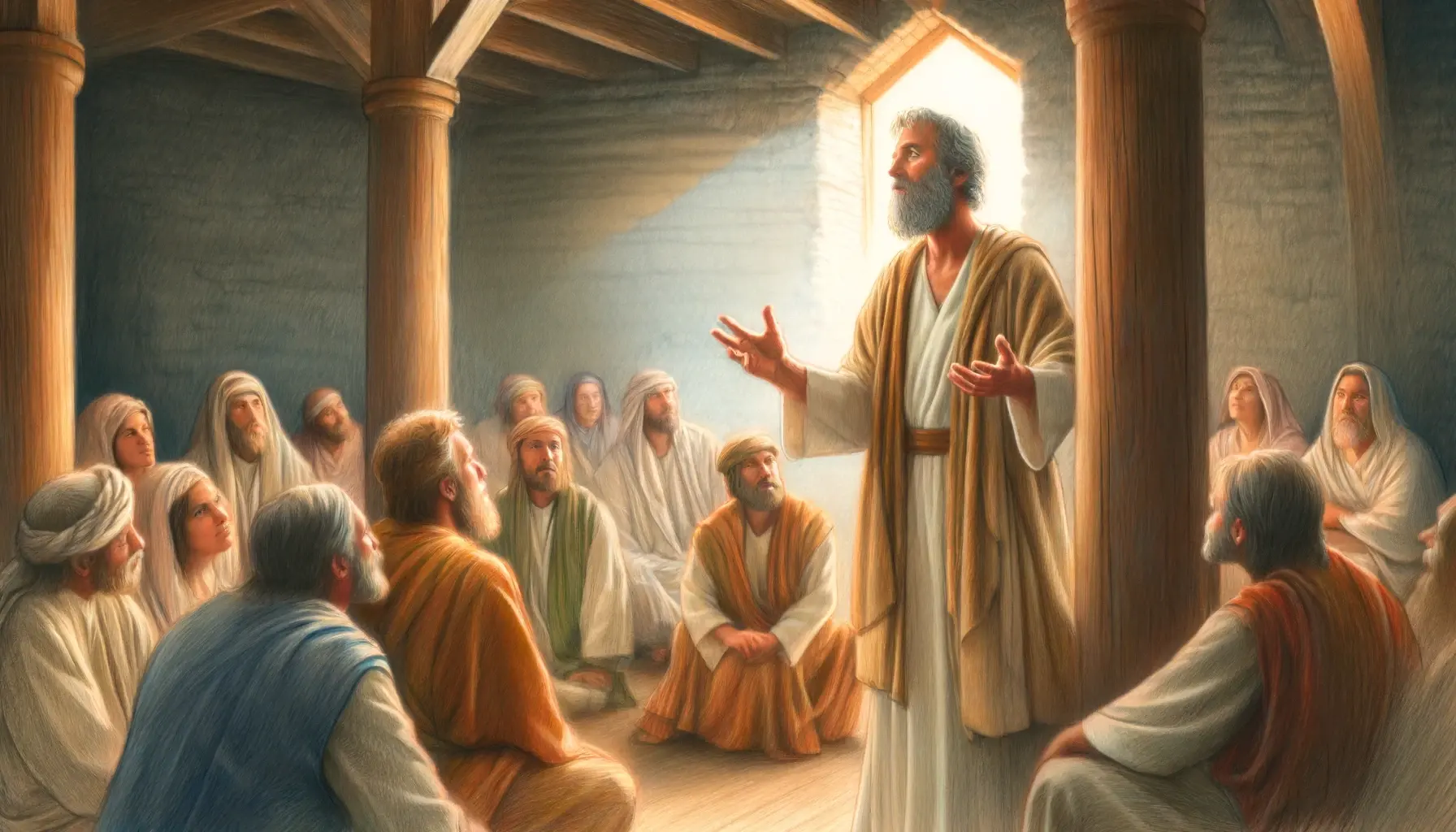Cain’s story is a complex narrative exploring themes of sin, jealousy, divine justice, and mercy. It serves as a foundational tale about the severe consequences of unchecked negative emotions and actions.
Cain’s murder of Abel represents a tragic escalation of sin, illustrating its destructive impact not only on relationships but also on the broader moral order. This narrative has been deeply influential in religious and cultural contexts, shaping discussions about morality, justice, and human nature.
Eve, the first woman according to the Bible, was created from Adam’s rib and is central to the Genesis narrative, playing a key role in the events of the Garden of Eden and the onset of human sinfulness.
The Book of 1 John emphasizes the themes of love, fellowship, and assurance of salvation, calling believers to walk in the light of Christ, to love one another, and to abide in Him, while also providing tests of authentic faith and affirming the centrality of God’s love in the Christian life.
The Book of Romans is foundational for understanding Christian doctrine, particularly Pauline theology, and remains a cornerstone for theological reflection and discourse within Christianity.
1 Samuel provides a rich narrative that not only recounts historical events but also offers profound lessons on leadership, obedience, and the complex interactions between divine providence and human agency.
The Book of Genesis explores themes such as creation, the fall, redemption, covenant, monotheism, sovereignty, sin, the patriarchs, the Imago Dei, messianic hope, and serves as a theological manifesto, spanning narratives from primeval to patriarchal history, and addressing deep questions about biblical theology, human nature, divine purpose, moral responsibility, faithfulness, genealogies, and contrasts with ancient Near Eastern myths.







